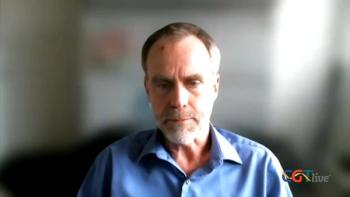
The associate professor of clinical pediatrics at Cincinnati Children's discussed the latest data from the phase 1/2 STAAR study of isaralgagene civaparvovec.

The associate professor of clinical pediatrics at Cincinnati Children's discussed the latest data from the phase 1/2 STAAR study of isaralgagene civaparvovec.
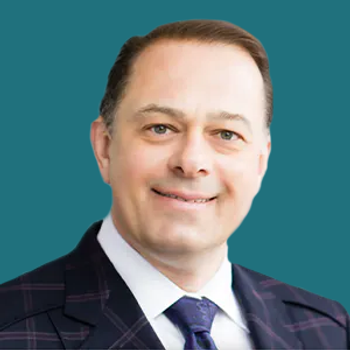
Bruce Cree, MD, PhD, MAS, a professor of neurology and the clinical research director of the University of California San Francisco (UCSF) Multiple Sclerosis Center discussed the potential impact of CAR-T therapy on the lives of patients with autoimmune disease.
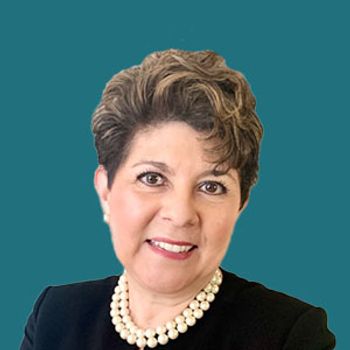
Sandra P. Reyna, MD, the chief scientific advisor and head of global medical engagement for SMA at Novartis, discussed data from the phase 3b SMART clinical trial (NCT04851873) that were presented at MDA's 2024 conference.
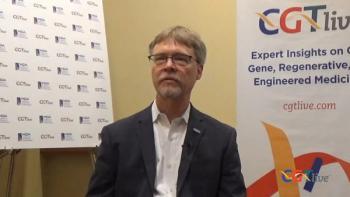
The director of the Manton Center for Orphan Disease Research at Boston Children’s Hospital discussed takeaways from a session on rare disease gene therapy at MDA.
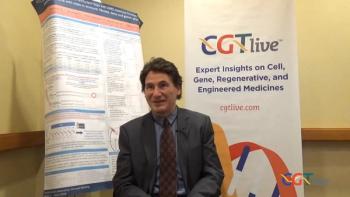
The lead scientist at Percheron Therapeutics discussed the design of the study assessing proteomics of ATL1102.

Bruce Cree, MD, PhD, MAS, a professor of neurology and the clinical research director of the University of California San Francisco (UCSF) Multiple Sclerosis Center discussed the need for randomized-control trials for CAR-T in lupus and other autoimmune diseases.
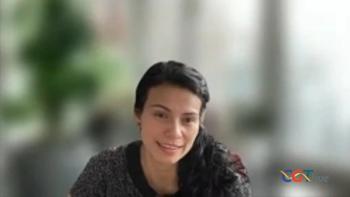
The Assistant Professor of Medicine at Weill Cornell Medical College discussed Orca-T cell therapy and next steps assessing it.
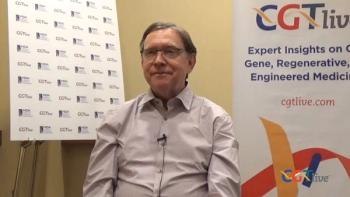
The McCaw Endowed Chair of Muscular Dystrophy at University of Washington discussed his research career with muscular dystrophies.
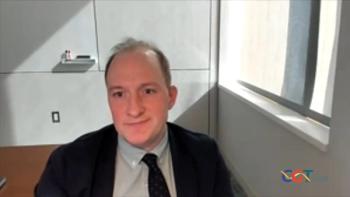
The assistant attending physician and bone marrow transplant specialist at Memorial Sloan Kettering Cancer Center discussed updated data on GDA-201 plus rituximab.
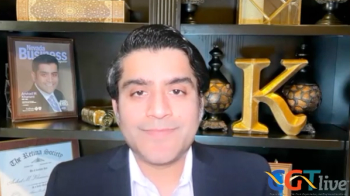
The assistant professor in the department of pediatrics at the University of Florida College of Medicine discussed also discussed the latest results announced from the phase 2 portion of the PRISM study.
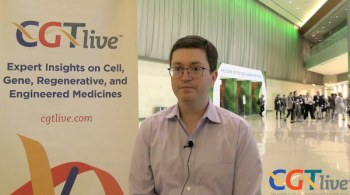
The assistant professor in the department of pediatrics at the University of Florida College of Medicine discussed also discussed the need to set standard guidelines regarding potential fertility issues for CAR-T treatment.

Bruce Cree, MD, PhD, MAS, a professor of neurology and the clinical research director of the University of California San Francisco (UCSF) Multiple Sclerosis Center discussed the hypothesis behind research on the use of CAR-T for multiple sclerosis.
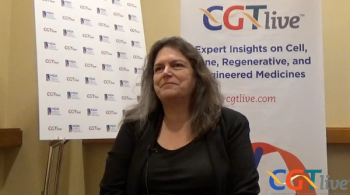
The professor of microbiology, immunology, and molecular genetics at UCLA discussed how a better understanding of treatment impact on a cellular level could help improve future gene therapy approaches.
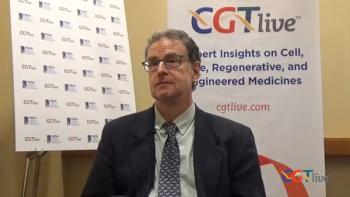
The deputy director, Division of Rare Diseases Research Innovation, NCATS, NIH, discussed initiatives including the BGTC and the platform vector gene therapy project.
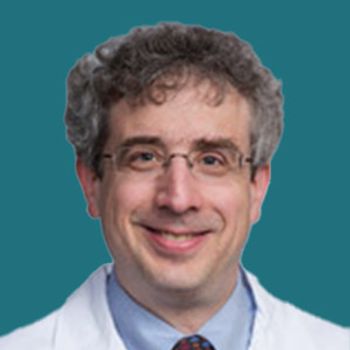
Peter A. Merkel, MD, MPH, the chief of the Division of Rheumatology and a professor of medicine and professor of epidemiology at Penn Medicine, discussed the significant challenges in this field, but also expressed optimism for the future.
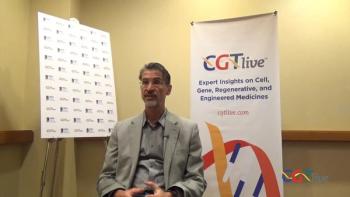
The Lichtenstein professor of neurology at University of Miami Miller School of Medicine discussed talks from a session on dysfunction and trafficking at the 2024 MDA Conference.
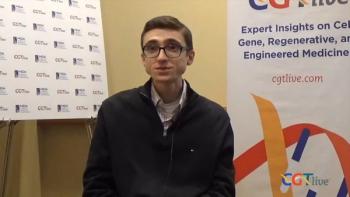
The lead of preclinical research at Amylyx Pharmaceuticals discussed the literature supporting AMX0114’s target and its upcoming trial design.
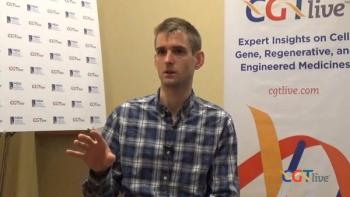
The postdoctoral scholar at University of California – Irvine discussed his research looking at TDP-43 and alternative polyadenylation in neuronal cells.
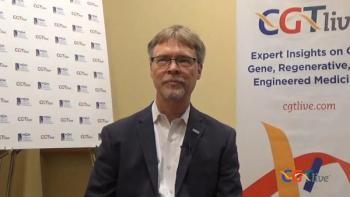
The director of the Manton Center for Orphan Disease Research at Boston Children’s Hospital discussed investigations into liver toxicity and deaths after AT132 gene therapy.
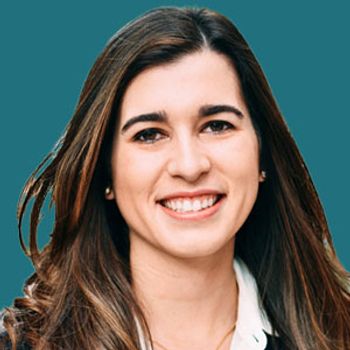
The data comes from 7 patients treated in the phase 1/2 IGNITE-DMD study (NCT03368742).
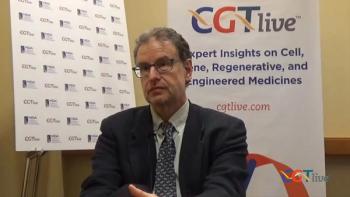
The deputy director, Division of Rare Diseases Research Innovation, NCATS, NIH, discussed initiatives including the BGTC and the platform vector gene therapy project.
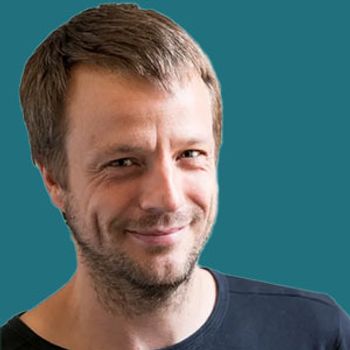
The real-world data, which includes patients who received Zolgensma before and after tracheostomy, comes from the noninterventional RESTORE registry (NCT04174157).
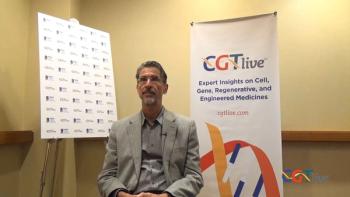
The Lichtenstein professor of neurology at University of Miami Miller School of Medicine discussed the role of organelle transport in neuromuscular diseases such as CMT.
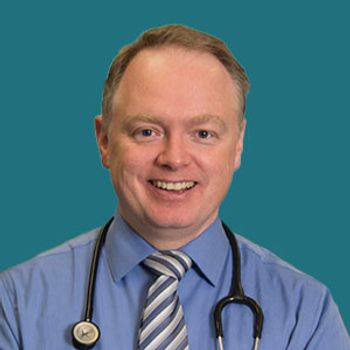
The phase 3b SMART trial included 24 patients in total who each weighed from 8.5 kg to 21 kg at the time of treatment.
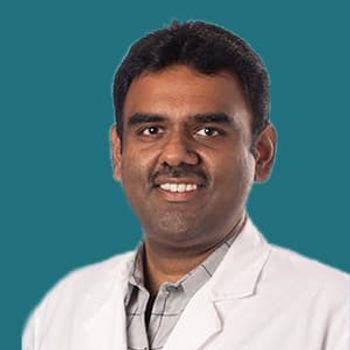
RGX-202 delivers a slightly larger form of microdystrophin than other gene therapies, including the CT domain of dystrophin.
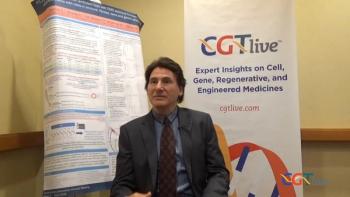
The lead scientist at Percheron Therapeutics discussed how ATL1102 could target inflammation as a secondary cause of muscle damage in DMD.
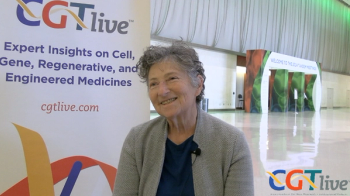
The endowed chair in cellular and molecular medicine at Boston Children’s Hospital discussed past, present, and potential future applications of siRNA in the treatment of various diseases.
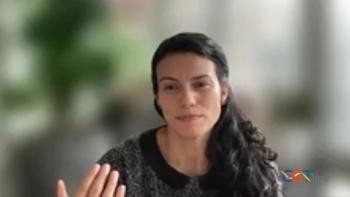
The Assistant Professor of Medicine at Weill Cornell Medical College shared the background rationale of her retrospective analysis presented at Tandem 2024.
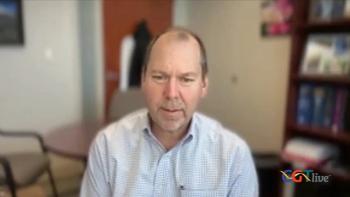
The professor of medicine at Duke Cancer Institute discussed findings from an early access program of the therapy, recently approved as Omisirge.
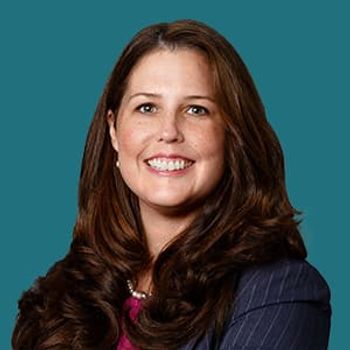
Investigators concluded that the data support the use of HS as a predictive biomarker in Sanfilippo syndrome.